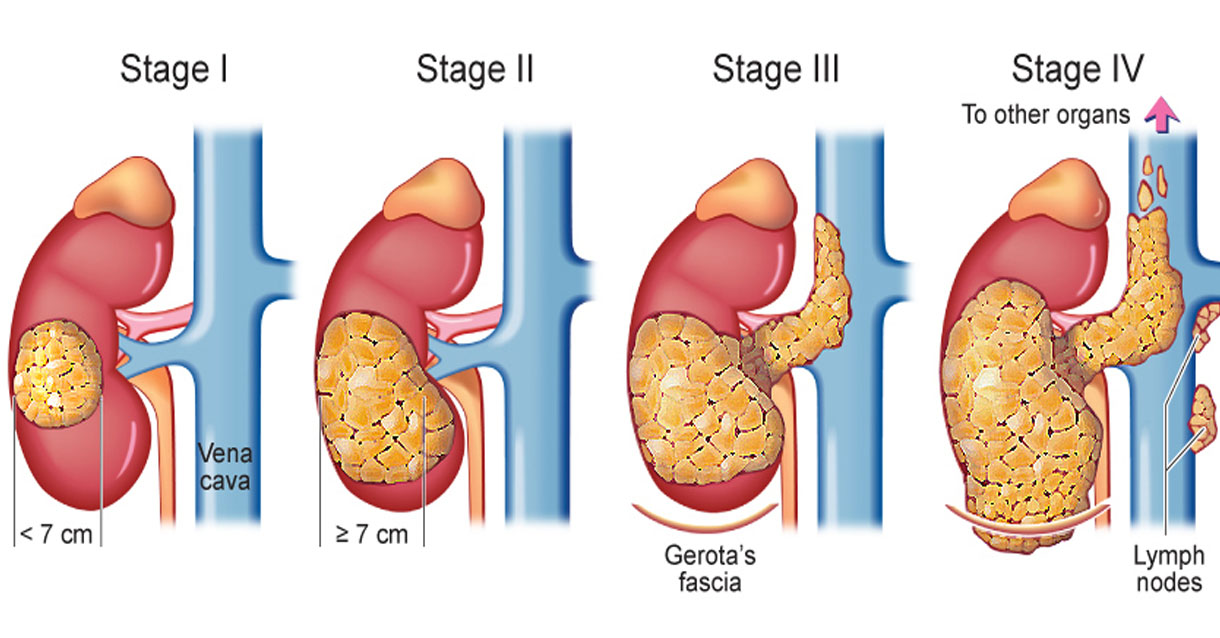Kidney Cancer Treatment in Ukraine
Search and Compare the Best Clinics and Doctors at the Lowest Prices for Kidney Cancer Treatment in Ukraine






































































































































No Time?
Tell us what you're looking for and we'll reach out to the top clinics all at once
What does a Kidney Cancer Treatment Procedure Involve?

There are two types of surgery to treat kidney cancer: surgery to remove the entire kidney (nephrectomy) and surgery to remove the part of the kidney that contains cancer (partial nephrectomy), both are performed under general anesthetic. For small tumors, your doctor may recommend cryoablation (treatment to freeze cancer cells to kill it) and radiofrequency ablation (treatment to burn cancer cells to kill it). If your kidney cancer is at an advanced stage, a drug may be used instead of surgery, such as immunotherapy (uses your own immune system to fight cancer cells), anti-angiogenic therapies (reduce the blood supply to the tumor to slow or stop the tumor’s growth), and targeted therapies (directly inhibit the growth of cancer).
How Long Should I Stay in Ukraine for a Kidney Cancer Treatment Procedure?
Your length of stay in Ukraine depends on which procedure you underwent. In general, you will need to stay in the hospital for 2 to 7 days and you need to plan to stay in the country for 7 to 14 additional days after surgery. If you only undergo therapy, your length of stay depends on how many cycles are needed for your specific condition.
What's the Recovery Time for Kidney Cancer Treatment Procedures in Ukraine?
The total recovery time until you can go back to your normal routine and perform strenuous activities or heavy lifting may take about 6 weeks, but you may be able to return to work within 3-4 weeks if your job is not physically demanding.
What sort of Aftercare is Required for Kidney Cancer Treatment Procedures in Ukraine?
Your surgeon will give you detailed instructions to help your recovery, which may include exercises, restrictions, wound care, and diet. You may need to attend regular checkups with your local doctor to monitor your condition. It is really important to eat well and get good nutrition during and after cancer treatment to avoid weight loss and to regain strength.
What's the Success Rate of Kidney Cancer Treatment Procedures in Ukraine?
The success rate for kidney cancer treatment depends largely on the stage of cancer and how early the treatment is received. The success rate can range from 69% to 93%. There are some side effects and risks that you should be aware of, such as infection, bleeding, damage to other organs, indigestion, hypertension, tiredness, diarrhea, infertility, rash, and shortness of breath.
Are there Alternatives to Kidney Cancer Treatment Procedures in Ukraine?
If you have a small tumor or you are too frail for treatment, your doctor may recommend ‘active surveillance,’ which means your tumor is closely watched to see if it grows.
This information has been accurately sourced and verified by a medical professional for its accuracy, however, we strongly recommend you to consult with your doctor before pursuing medical procedures overseas.







